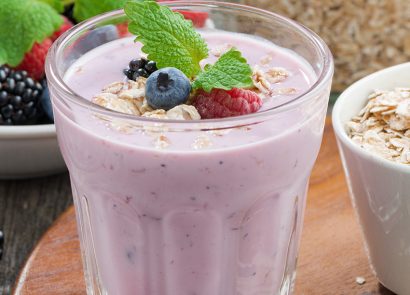We’re all aware of the effects that sugar can have on our teeth and our waistlines, but what sugar is actually doing to our skin is still a grey area. This year, new research surfaced that soft drinks – even the sugar-free kind – could lead to risk of an early death.
So, if we’re going to reduce our sugar intake for our health, should we be doing the same for the benefit of our skin? Tammy Richards, a skin and health specialist at PureOptical reveals impact sugar can have on our complexion and the steps we need to take for a crystal clear glow.
Acne
“Fizzy soft drinks, white bread and white rice are regarded as ‘high’ on the glycaemic index. The glycaemic index refers to food that rapidly transforms into glucose once digested and in turn, raises the body’s insulin levels. This is known as the Glycation process. It’s the Glycation process that results in inflammation of the skin and can trigger conditions, such as acne.
“A diet that contains a high amount of sugar can reduce the function of the body’s white blood cells, which are responsible for combating infection. Their suppression paves the way to the perfect environment for acne, as bacteria evolves within the layers of the skin. The sudden increase of inflammation also causes a spike in the body’s hormone levels, which in turn, leads to further breakouts.
“Excessive sugar travels to your gut and enters the blood stream once processed. This is bad news for rosacea and psoriasis sufferers, as excessive consumption of refined sugar can spark the conditions and cause ongoing flare ups.”
Ageing
“Several studies reveal that sugar accelerates the signs of ageing, as it breaks down elastin and collagen in the skin. Excessive amounts of sugar leads to the skin becoming dry, dull and even sagging, which is ultimately the result of glycation.
“Throughout the glycation process, a matter called advanced glycation end (AGE) is produced which is incredibly damaging to the body’s proteins as they work to destroy elastin in the skin along with collagen.
“There are three types of collagen in the skin. AGE destroys collagen three to replicate that of type one. Studies have shown that people who have been diagnosed with diabetes tend to age faster than those without the disease because they consistently have trouble controlling their blood sugar levels.”
How I can reduce the impact of sugar on my skin?
- Aim to consume complex carbohydrates, such as vegetables and brown rice. These transition to glucose at a slower rate than refined sugars and therefore do not cause a spike in insulin
- Adopt a Mediterranean diet that includes oily fish and healthy fats, such as olive oil, as they work as an anti-inflammatory and will therefore aim in combating breakouts
- Keep stress levels to a minimum, as stress hormones cause outbreaks that can be very stubborn
- The fastest way to reduce the impact that sugar has on the skin and body it to keep track of how much you are eating. You don’t have to label watch, but sometimes people are very surprised about how much sugar you consume when they begin to take notice























